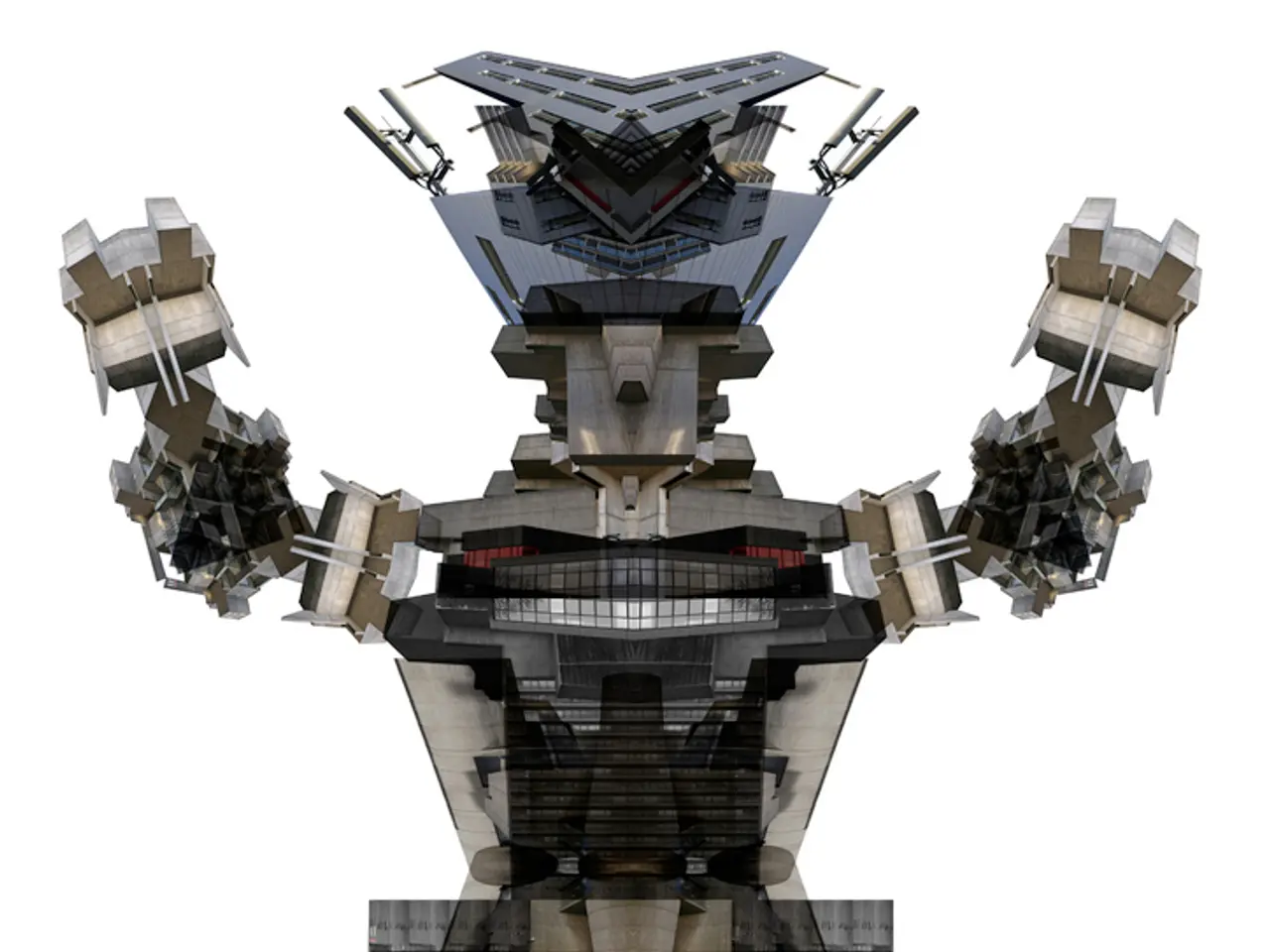Predicting the Evolution of Machines and Robotics Technology
In today's rapidly evolving world, advancements in robotics and artificial intelligence (AI) are reshaping industries and our daily lives. From manufacturing to healthcare, logistics to customer service, and even space exploration, the impact of these technologies is profound.
The integration of AI and machine learning has led to smarter robots capable of personalised assistance, adaptive learning, and more agile behaviour. These advancements are enhancing efficiency in various fields, such as manufacturing, healthcare, and customer service. Soft and human-centered robotics are also making strides, with innovations that enable safer interaction with humans and operation in unstructured environments.
Robotics is not confined to traditional forms. From humanoids and drones to dogs and even security robots at airports, robots come in a variety of shapes and sizes. In the retail sector, AI-powered robots are compiling insights on customer behaviours to optimise store layouts and ensure a smoother shopping experience. Meanwhile, in the hospitality industry, robots are assisting with cooking, cleaning, and delivering food to customers.
The rise of AI-driven robotics is also revolutionising the manufacturing industry, with robots producing goods with unmatched quality and consistency. In the logistics industry, robots are taking over repetitive tasks like warehouse order picking, and even robotaxis are completing thousands of trips in cities like San Francisco and Phoenix.
However, the advent of robotics also brings concerns about job displacement, privacy, and ethical use. As robots take on an increasing role in society, they may merely supplement the work that human professionals do, or they may replace certain roles altogether. This shift necessitates strategic retraining for employees to adapt to new job roles and responsibilities.
On a larger scale, smart cities are giving robots the responsibility of areas like waste management and pipe maintenance to keep public spaces healthy. This trend is also seen in the energy sector, where robots are mapping out the ocean floor, locating high concentrations of natural gas, and overseeing grid maintenance and fixing wind turbines and other structures.
In the aerospace industry, robots are paving the way for space exploration, with space robots already venturing into environments not suitable for humans. The addition of AI allows these machines to operate autonomously, making it easier for groups like NASA to sustain their space exploration efforts.
The development of robotics and AI has wide-reaching consequences for society, and industries such as manufacturing, healthcare, logistics, customer service, hospitality, travel, aerospace, energy, education, lifestyle, and smart cities have been especially impacted by these technologies.
As we look to the future, robotics is evolving towards more intelligent, adaptable, and sustainable systems. Greater customisation and agile manufacturing, intelligent human-robot collaboration, data-driven optimisation, and expanding applications are just a few of the trends shaping the future of robotics.
With proactive frameworks addressing ethical, legal, and societal implications, organisations that strategically embrace these trends will be positioned to lead in an automated, data-driven future. The development of technologies that facilitate new tasks, for which humans are better suited, could potentially lead to a much better future for workers.
In conclusion, robotics and AI are transforming industries and reshaping society, offering both opportunities and challenges. As we navigate this new landscape, it is crucial to approach these advancements with a forward-thinking, responsible mindset, ensuring that they contribute to a more efficient, sustainable, and equitable world.
[1] "Robotics and AI: The Future of Manufacturing." World Economic Forum. [2] "The Future of Robotics and AI: Opportunities and Challenges." McKinsey & Company.
- The integration of AI and machine learning in robotics is leading to more efficient manufacturing, with robots producing goods with unmatched quality and consistency.
- In the logistics industry, robots are taking over repetitive tasks like warehouse order picking and even robotaxis are completing thousands of trips in cities.
- The development of robotics and AI is also revolutionizing the energy sector, with robots mapping out the ocean floor, locating high concentrations of natural gas, and overseeing grid maintenance and fixing wind turbines.
- In the aerospace industry, robots are paving the way for space exploration, allowing for autonomous operations in environments not suitable for humans.
- The development of robotics and AI has wide-reaching consequences for education, lifestyle, travel, smart cities, and various other industries, offering opportunities for greater customization, agile manufacturing, and intelligent human-robot collaboration.






